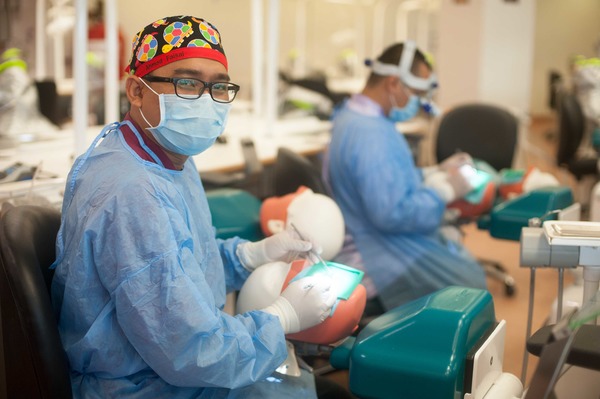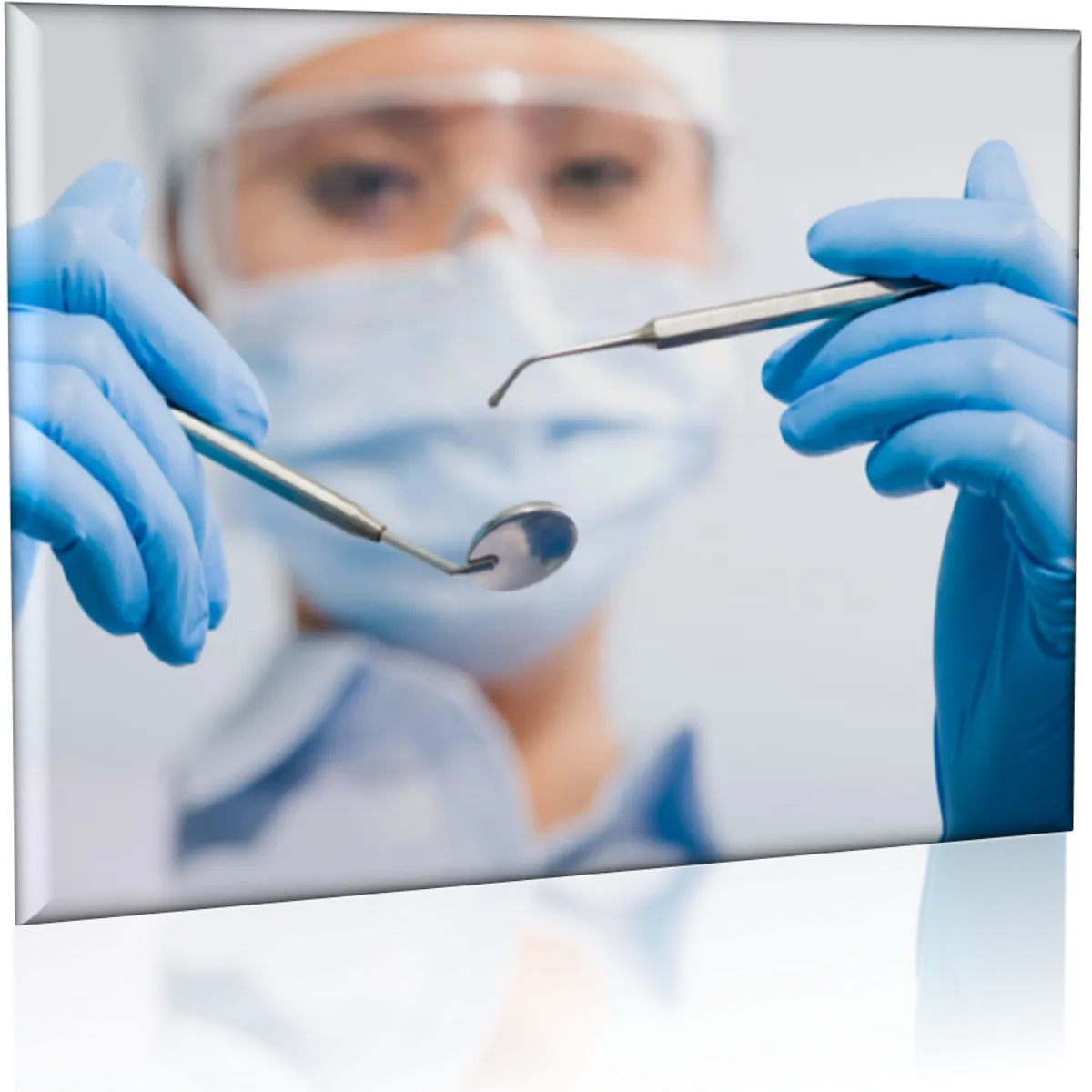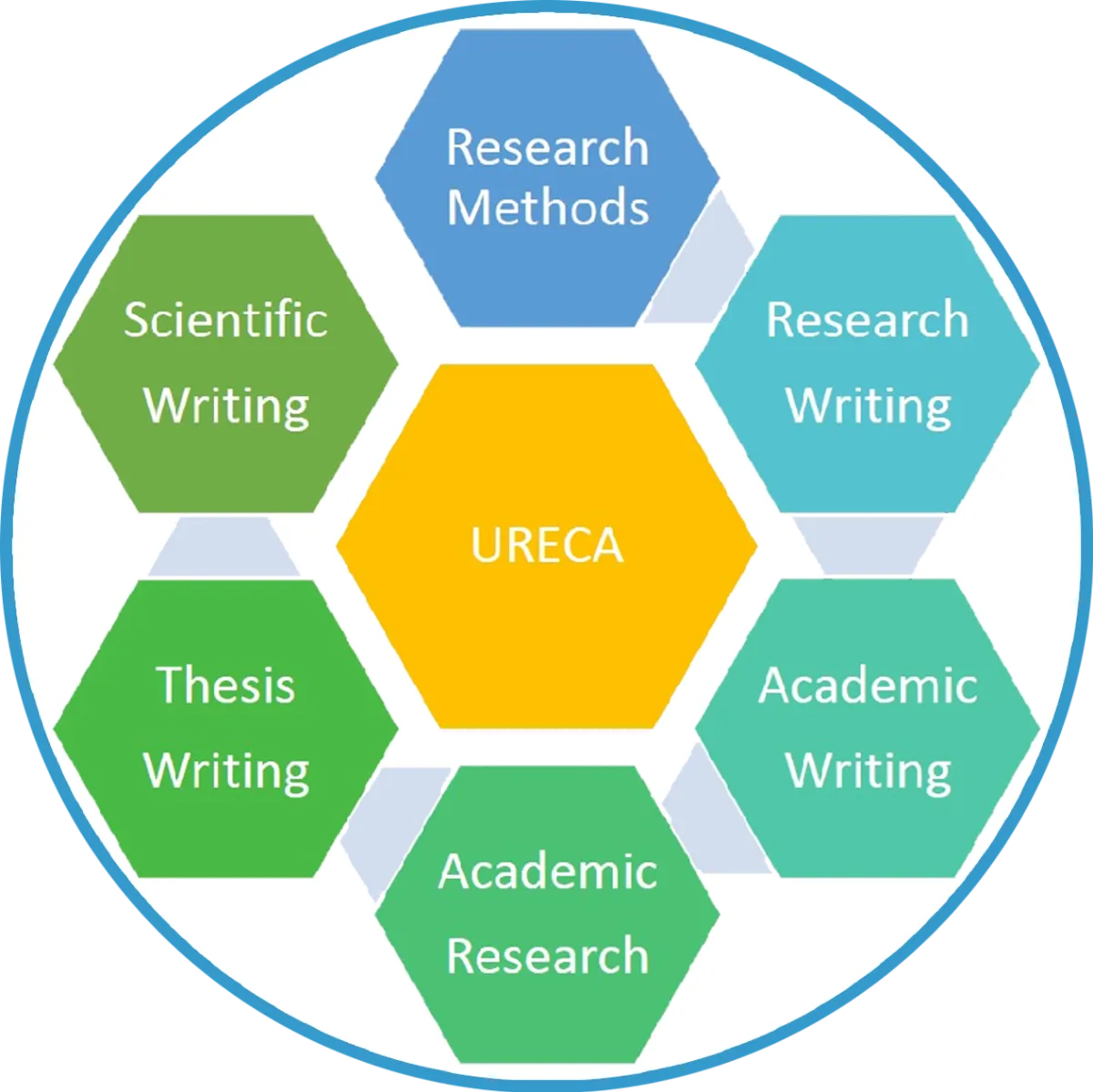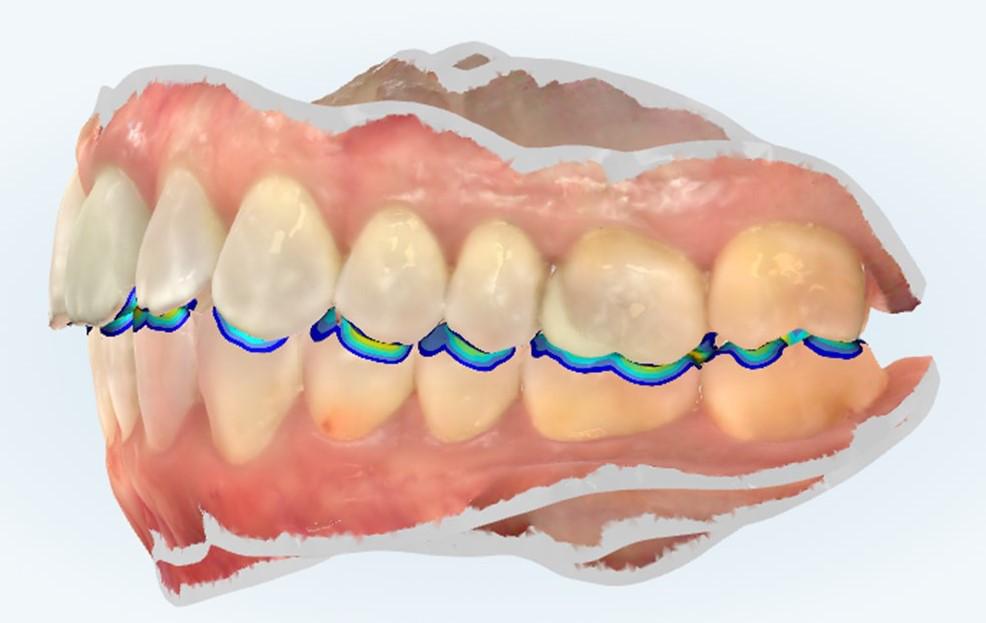

MSc Primary Dental Care (PT)
MSc in Primary Dental Care This is a comprehensive programme of clinically-based general dentistry, taught to an advanced, specialist level of practice. It covers the depth and breadth of dental practice, from clinical care of infants (Paedodontics) to end-stage care and management of the elderly (Gerodontology). This qualification is ideal for dentists wishing or engaging in the delivery of multiple specialities digitally driven treatment plans such as orthodontics, implantology and aesthetic dentistry. Dentists engaging in the delivery of multiple speciality treatment plans should be aware of their limitations ensuring that the treatments they provide are evidence-based and appropriate. The boundaries between what was traditionally delivered by the general dental practitioner and the specialist are becoming increasingly blurred. With the advent of digital dentistry and the predictability of implantology combined with increasing patient demand for more advanced elective cosmetic procedures, general dentists are providing mixed specialist types of dental treatment. This programme is intended to give dentists the core knowledge and clinical skills essential for the safe delivery of competent, high-quality multidisciplinary dental care with predictable treatment outcomes. Upon completing this programme, you will be able to confidently treat, and identify suitable cases within your scope of competency.
Who is it for?
Any qualified dentist Ideally with at least three years in practice wants to expand their knowledge and clinical skills to an advanced specialist level in a primary dental care setting. This course trains at Tier 2/Specialist level and develops a Dentist with Special Interest (DWSI) or prepares you for Tier3/Specialist Training programmes. Be able to tackle larger, complex cases in practice, requiring a multi-disciplinary level approach and competently diagnose, treatment plan, and execute cases safely and predictably with or without specialist support. This course is for dentists who wish to comprehend the modern, holistic approach to patient care, including its impact on dental health and treatment outcomes. Those preparing for registration for foreign examinations, including the UK, via the ORE (Overseas Registration Exam) and the LDS (License in Dental Surgery). Those preparing for the MAGDS RCSEd. Diploma from the Royal College of Surgeons of Edinburgh recognised as a Level 7 diploma, a formal accreditation, internationally recognised for practitioners who are practising at Specialist level in Primary Dental Care.
What topics are covered in the programme?
Clinical Medicine, Pathology, & Pharmacology in Dentistry· Comprehensive examination, diagnosis and patient assessment. Clinical record keeping and medico-legal regulations. Case presentation skills for digital and physical presentations, for further diplomas and treatment plans for patients. Contemporary diagnostic & treatment techniques; Digital x-rays & AI diagnosis, CBCT, Digital scanning, Digital occlusal records (T-Scan, Teethan, Mod-Jaw), Smile design software, clinical photography· Treatment planning and staging of treatment for simple to Full Mouth Rehabilitation· Tooth wear & Full mouth rehabilitation· Dental aesthetic treatments, from clinical assessment, dental photography, to smile design software· Direct and indirect restorations, tooth preparations, and cementation techniques· Removable prosthodontics – traditional to contemporary techniques and materials· TMJ/TMD assessment and principles of treatment· Clinical Oral surgery and management. Endodontic assessment and contemporary treatment modalities. Fundamentals of orthodontics and contemporary techniques including piezo-surgical adjunctive treatment to accelerate tooth movements· Comprehensive periodontal diagnosis and treatment planning, plus contemporary surgical techniques. Implant dentistry fundamentals. ORE/LDS Examination – preparation for theoretical, phantom head, and OSCE examination· MAGDSRCSEd. Diploma – preparation course for diploma exam. What are the advantages of this programme?· You will become a highly skilled practitioner with an enhance and comprehensive understanding of the latest techniques at the forefront of dentistry.· More a competent and confident clinician, able to manage the entire depth and breadth of dentistry in general practice. · Prepare you for overseas registration to the UK or other countries.· Prepare you for formal specialist training or specific training in other disciplines via further diploma programmes in that speciality (e.g. Perio, Aesthetic dentistry, Implant dentistry)What will it prepare me for? To be able to practice at an enhanced, specialist level practice, recognised as Tier 2 in the UK just below that of GDC-accredited, formally qualified Specialist practitioners. Who is teaching on the programme?· The faculty comprises of highly regarded, UK-based clinicians with a background of academic achievement and teaching experience, all of whom actively practice in dentistry in private and NHS settings.· Many of the tutors have trained overseas and successfully completed the examination themselves.· Several of the faculty are examiners at one of the Royal Colleges of Surgeons in the UK, including for the prestigious MAGDS RCSEd. Diploma exam. How is it taught?· One-year, part-time programme, hybrid, blended learning, taught online with 3 months of residential training at the University of Bolton Medical School campus, Queens Institute of Dental Sciences. This allows participants to continue practising at home and come for the final 3-month Residential programme towards the end of the programme in preparation for the final examinations. Full-time residential options of between one-to-three-year are also available on request for those who want to study full time in the UK. What are the advantages of this programme over other similar ones?· Quality of teaching from the highly regarded and recognised clinical teachers in private and NHS practice in the UK· Many tutors have passed the ORE exam themselves at the Royal College level examiners, Formal experience at undergraduate and postgraduate teaching· Comprehensive teaching an extensive range of clinical scenarios in a primary dental care setting, to specialist level training. Graduates will have an MSc from a recognised UK medical university· Completed the ORE examination allowing them to register with the GDC and practice in the UK· Hold a MAGDS RCSEd diploma, an internationally recognised Royal College diploma that accredits the successful candidate as having trained to Tier 2/Specialist level practitioner. How much does it cost & how can I pay? TBC Payable in instalments
Course Outline
C: Core / O: Optional

This module encourages the student to critically reflect on their professional, clinical and managerial practice in a specific field in order to explore questions which are fundamental to their professional development and eventual dissertation topic. It requires the student to evaluate their own knowledge base and to recognise and clarify the important connections between what they already know and what they intend to learn. It encourages information literacy, using contemporary and seminal sources in order to compile a critical evaluation of specialist practice to allow them to develop strategies which enhance their professional development.

The aim of this module is to help you to develop research skills in order to identify your dissertation topic, make a detailed proposal and plan your research. It will develop the academic skills necessary for your study at Masters level. This comprehensive module covers clinical statistics, evidence-based practice, critical appraisal, measurement and research design, and explores their specific application in medical research and treatment. You will learn how to formulate realistic research objectives and an appropriate conceptual/analytical framework for your research. You will also learn how to identify, collate and critically review relevant evidence from the literature, and how to make informed decisions about which research philosophies, strategies and methods are applicable to your research.

The MSc Clinical Dentistry is a programme where you can select from the range of modules on offer across our programmes to formulate and compile your own broad based MSc. It is ideal for the general dental practitioner who desires to teach or develop a medical legal aspect to their practice.

Patient aesthetic awareness coupled with the development of new orthodontic techniques, Implant and restorative rehabilitation have increased the number of adults seeking advanced dental treatment. This has increased the likelihood of dentists having to diagnose and treat the occlusion as part of a larger treatment plan. This multidisciplinary module considers the anatomy, aetiology and management of occlusion from an orthodontic and restorative perspective. The aim of this module is to enable the dentist to effectively diagnose and formulate a treatment plan so that the patient can be treated with a comprehensive multidisciplinary approach.

The MSc Clinical Dentistry is a programme where you can select from the range of modules on offer across our programmes to formulate and compile your own broad based MSc. It is ideal for the general dental practitioner who desires to teach or develop a medical legal aspect to their practice.

This taught module provides an opportunity to undertake an extended and substantial piece of research. It allows you to synthesise the academic knowledge acquired from prior postgraduate and experiential learning to produce an evaluative and critical discussion of a specialist dental topic directly related to your programme of study. It aims to help you to develop your abilities in identifying a problem, establishing its significance, formulating a hypothesis/proposition, designing a means of testing the hypothesis and evaluating the results.
Apply for this Course
Apply NowRequest a Virtual Meeting
In relation to our course in 'MSc Primary Dental Care (PT)' to discuss your learning requirements and our flexible fees.
Request NowAdmission Criteria
Normally, at least two years of demonstrable postgraduate clinical experience in clinical practice. For the MSc in Clinical Aesthetic Non-Surgical Interventions, entry will also be open to doctors, NMC registered nurses (prescribing), and prescribing pharmacists. Current registration with the UK General Dental Council (GDC), General Medical Council (GMC), Nursing & Midwifery Council (NMC), General Pharmaceutical Council (GPhC) or equivalents in another country. Evidence of appropriate professional liability insurance or medico-legal indemnity insurance, as may be required for the designated clinical setting, at an appropriate level.



